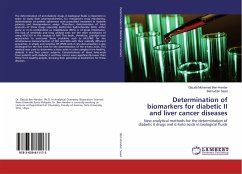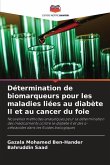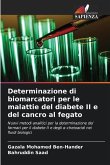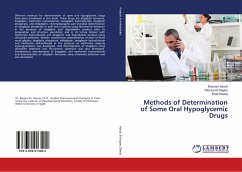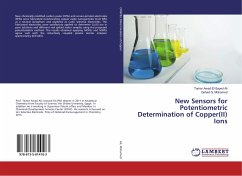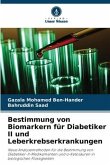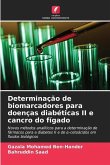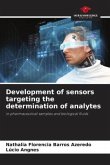The determination of anti-diabetic drugs in biological fluids is important in order to study their pharmacokinetics, for therapeutic drug monitoring, determination of patient adherence with prescribed treatment in diabetic patients and bioequivalence assays. Therefore, determination of trace amounts of these drugs especially metformin hydrochloride (MH), either alone or in its combination as rosiglitazone (ROS), is of great importance. The lack of sensitivity and long analysis time are the main drawbacks of using HPLC-UV in the analysis of MH. This book, therefore, provides new approaches to overcome these problems such as HF-LPME for the simultaneous microextraction of MH and ROS with their radically different properties. A simple and sensitive HF-LPME with in situ derivatization is also developed for the first time for the determination of the -keto acids. This method was used to determine -keto acids in urine samples from healthy, diabetic II and liver cancer subjects. Concentrations of these keto-acids from patients with diabetic II and liver cancer were significantly lower than those from healthy people, showing their potential as biomarkers for these diseases.
Bitte wählen Sie Ihr Anliegen aus.
Rechnungen
Retourenschein anfordern
Bestellstatus
Storno

